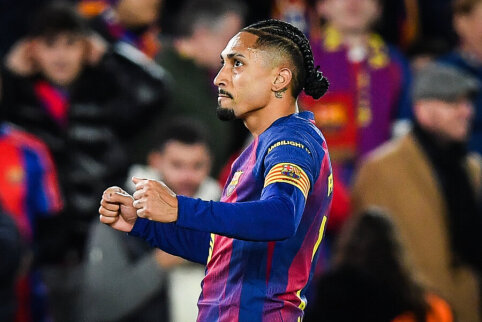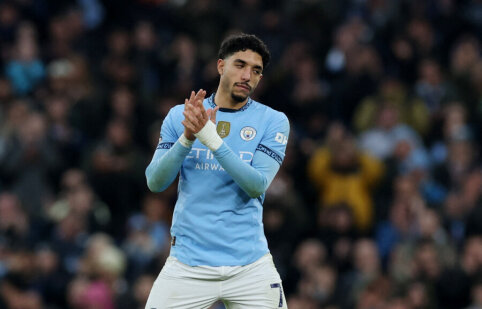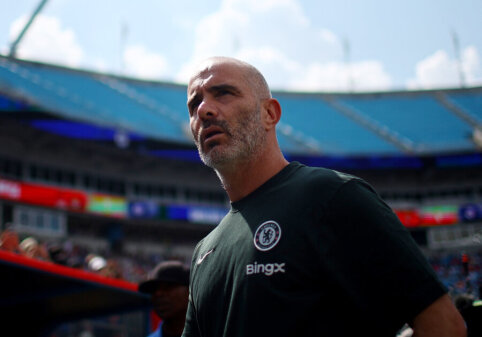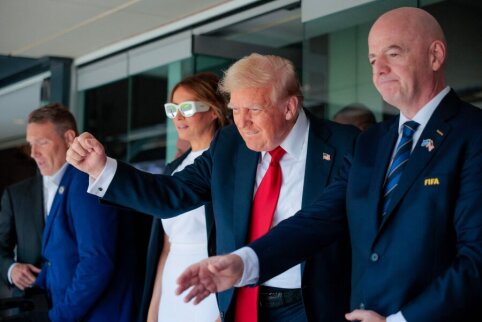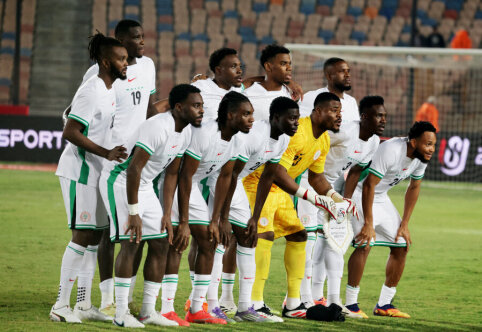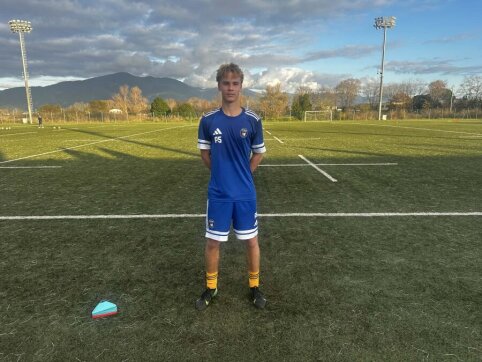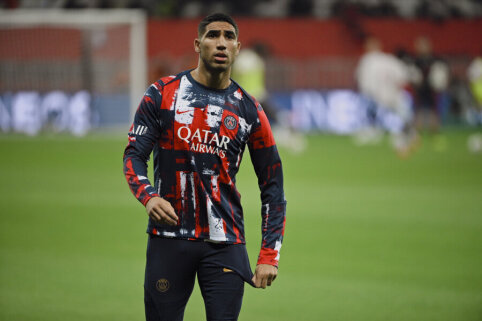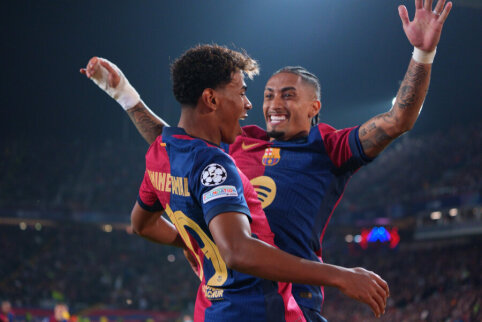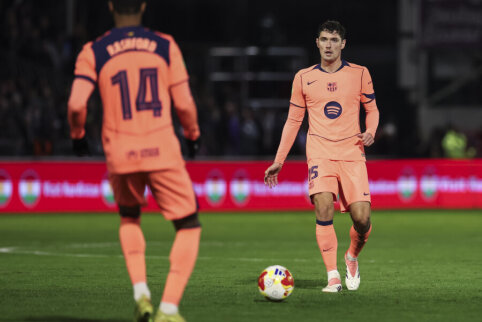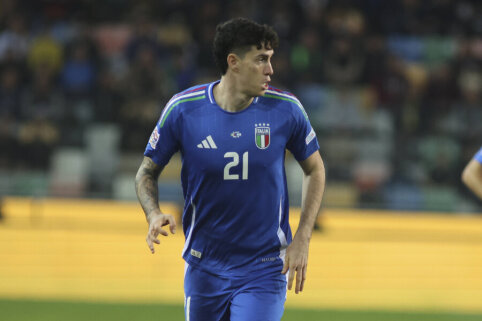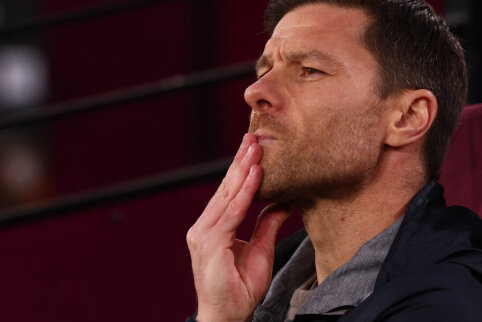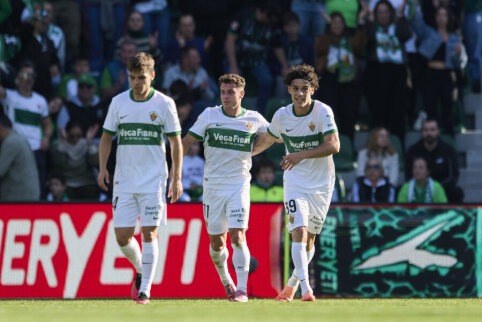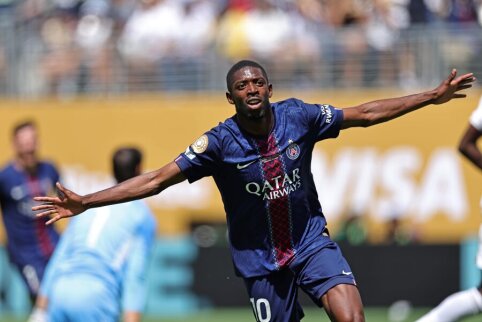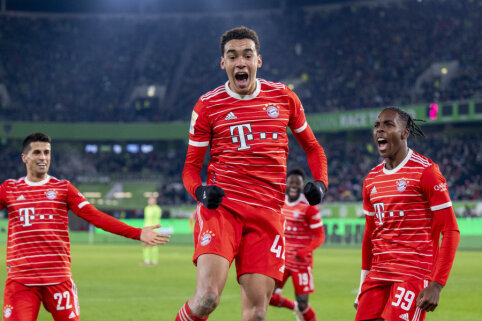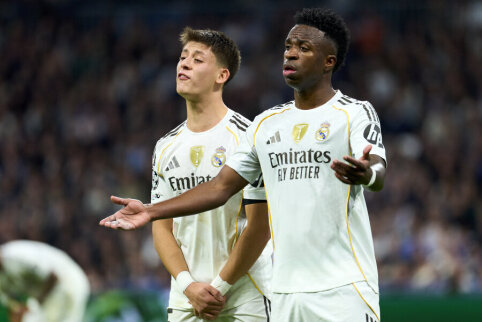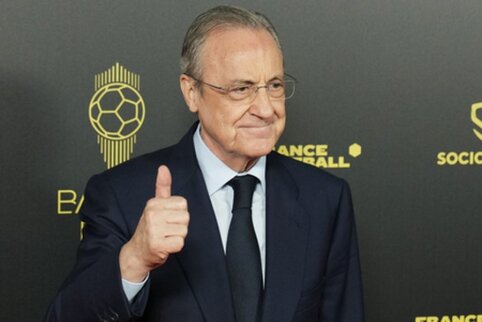 © EuroFootball.com
© EuroFootball.com
During the European Football Championship, apart from footballers, coaches, and referees, there were also commentators whose work was evaluated by the State Language Inspection.
The Language Inspection chose to observe one group stage match and both semifinals. Inspectors evaluated the work of LRT commentators Saulius Nalivaika and Tautvydas Meškonis.
The Chief Inspector of the Inspection Department, Ramunė Kanišauskaitė, agreed to share conclusions about the commentators' work with the Alfa.lt portal. The inspector praised S. Nalivaika, who made significant progress, while T. Meškonis could not avoid major language errors.
"The impression is ambiguous. Since there were only two commentators, we watched fewer matches than usual because there used to be a large group of commentators before. These two were not the worst. We had previously praised T. Meškonis for speaking sufficiently correctly compared to others. S. Nalivaika is less often in our field of vision - the last time we evaluated the World Cup he commented on.
"The progress of S. Nalivaika is truly very obvious. I looked at the mistakes from 2010 and this year, now there are half as many. Significantly fewer grammar errors and a large part of the errors do not repeat, which we had already sent notes about. One recurring mistake would be incorrect use of numerals with years. Dictionary errors are more random. He made the most mistakes in accentuation. Compared to T. Meškonis, he definitely made more.
About T. Meškonis's progress, it's hard to speak because he made many major errors. I don't know what caused it, maybe he was too relaxed or too involved in the action on the field. There were such elementary errors that most journalists no longer make. T. Meškonis's biggest plus is fairly accurate accentuation," the speaker said.
The representative of the State Language Inspection noted that the commentators did not uniformly lithuanize surnames. This was especially noticeable in the case of the Italian team when Antonio Cassano was sometimes referred to as Cassanas, while Andrea Pirlo remained Pirlo.
"I noticed some inconsistency. One surname is given a Lithuanian ending, the other is not. If you add a Lithuanian ending to one surname, you need to do the same with the other. There were also errors in accentuation of surnames," Kanišauskaitė pointed out.
The language of the authors-experts of the "pearls" was not checked
Most of the "pearls" during the championship were not made by the commentators S. Nalivaika and T. Meškonis, but by the football experts who assisted them.
Lithuanian football legend Valdas Ivanauskas, who commented on the match of the German national team, said: "Mario Gomez proved his worth as a real "bomber". Calling the forward a "bomber," V. Ivanauskas did not intend to lithuanize the surnames of the footballers, so it was difficult to distinguish certain players. Other experts also slipped up their "pearls," where instead of the simple Lithuanian word for "suitcase," they simply said "tšumadanas." Viewers who listened to such and similar Russian words while watching football could be bewildered.
However, the State Language Inspection did not evaluate the work of experts, but acknowledged that the guests made many errors. Nevertheless, LRT will not receive any penalties legally.
"We do not check the language of the guests because they are only invited to the show as experts, specialists in their field. People do not have the experience of a journalist or commentator. They make a lot of mistakes. It is easy to compare when a commentator describes the same action correctly and a guest does not.
We could only express moral reproaches for the mistakes of the guests. If we were to look at it legally, the language law would not be violated here because the requirements apply only to television commentators," said Kanišauskaitė.
Assessing the work of S. Nalivaika and T. Meškonis, the Chief Inspector acknowledged that the situation was not very bad because there have been worse, and it is impossible to completely avoid mistakes as the matches are commented on live.
"If we were to record errors, there would not be enough of them to apply penalties. We just compare how they could comment and how they do. The situation is not that bad - there have been worse. We have not applied penalties for sports journalists' commentary because we have somewhat gentler requirements for them. We take into account that the action is happening live and there may be many unusual situations.
It is impossible to completely avoid mistakes, but it would be good if each journalist tried to do their best according to their abilities. The language of the guests depends on their awareness and how they evaluate the language. Some speak in a way that is understandable, while others try to learn from a professional commentator sitting next to them," said Kanišauskaitė to Alfa.lt.
